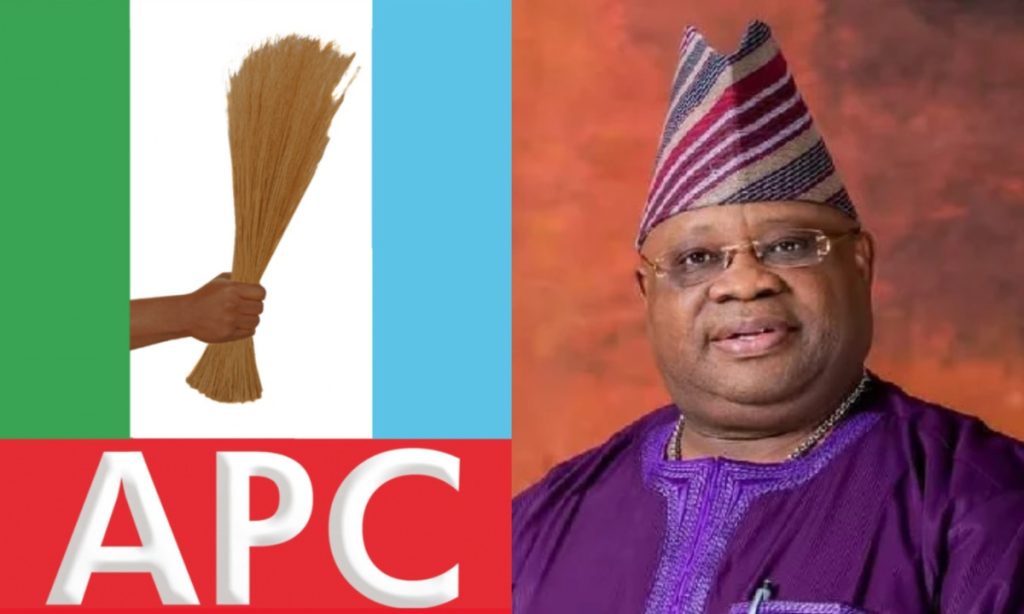The first Group of 20 summit held in Africa has concluded, marking a significant shift in the bloc’s agenda by prioritizing the concerns of developing nations. The summit, hosted by South Africa, resulted in a declaration signed by some of the world’s wealthiest and emerging economies, committing to address issues affecting poor countries, including climate change, debt, and access to green energy.
The declaration, although not binding, signifies a consensus among member nations to collaborate on mobilizing public and private finance to support developing countries recovering from climate-related disasters. Africa, which contributes minimally to global emissions, is disproportionately affected by climate change, with recent cyclones causing devastating damage in Mozambique, Malawi, and Zimbabwe.
Developing nation representatives, including Sierra Leone President Julius Maada Bio and Namibia President Netumbo Nandi-Ndaitwah, highlighted the challenges of debt and unfair borrowing conditions, calling for fair treatment rather than charity. The summit’s focus on these issues marks a departure from the traditional G20 agenda, which has been criticized for prioritizing the interests of wealthier nations.
However, the United States, a founding member of the G20, boycotted the summit and refused to sign the declaration, citing opposition to South Africa’s agenda, particularly on climate change. The US takeover of the G20 presidency has raised questions about the long-term impact of the South African declaration. The US has announced plans to host the 2026 G20 summit at Trump’s golf club in Florida, sparking concerns about the potential for conflicts of interest.
The G20’s effectiveness in addressing global crises, such as the war in Ukraine and the Sudan civil war, has been called into question, with some leaders expressing concerns about the bloc’s ability to achieve consensus on key issues. French President Emmanuel Macron noted that the G20 is at an inflection point, struggling to establish a common standard on geopolitical crises.
As the US assumes the G20 presidency, it will be required to work with South Africa, a country with which it has strained relations, over the next 12 months. The US has criticized South Africa’s leadership and imposed sanctions, leaving their relations at their lowest point since the end of apartheid. The upcoming G20 meetings and summit will be closely watched to see how the US navigates these challenges and whether the South African declaration’s focus on developing nation concerns will be maintained.



